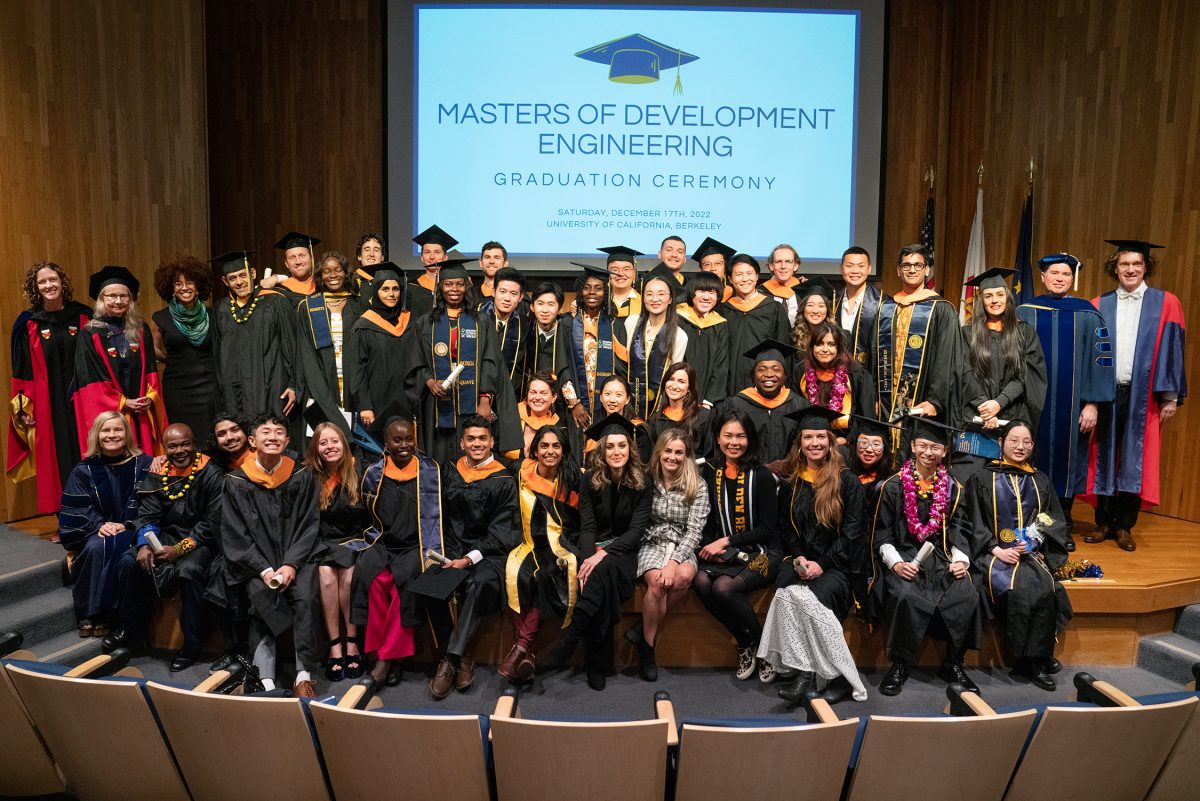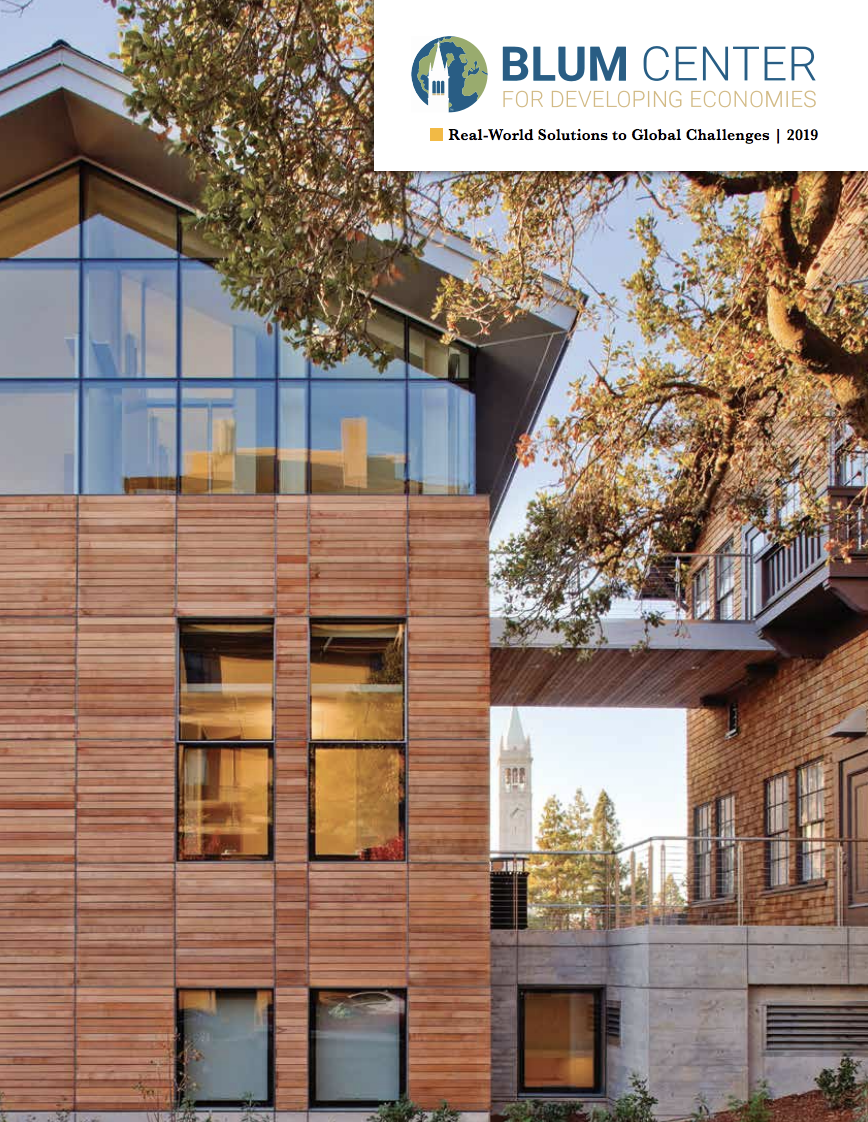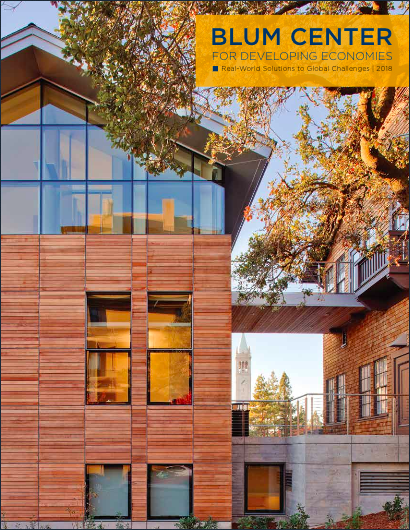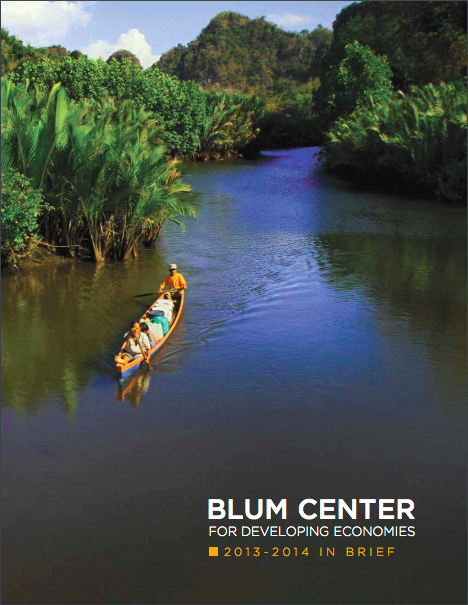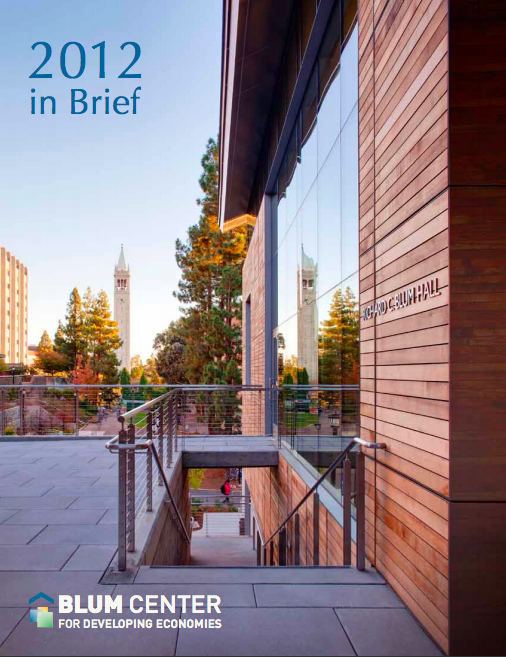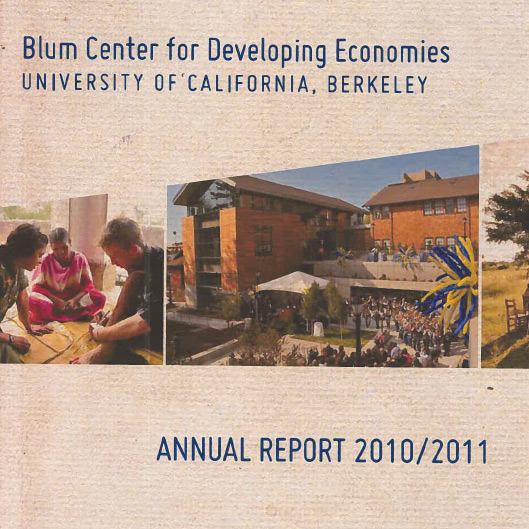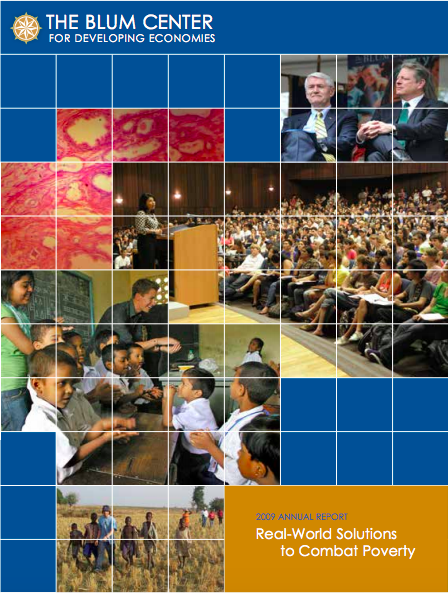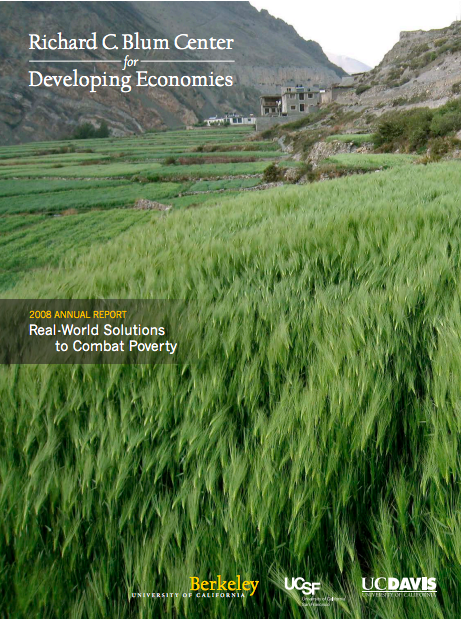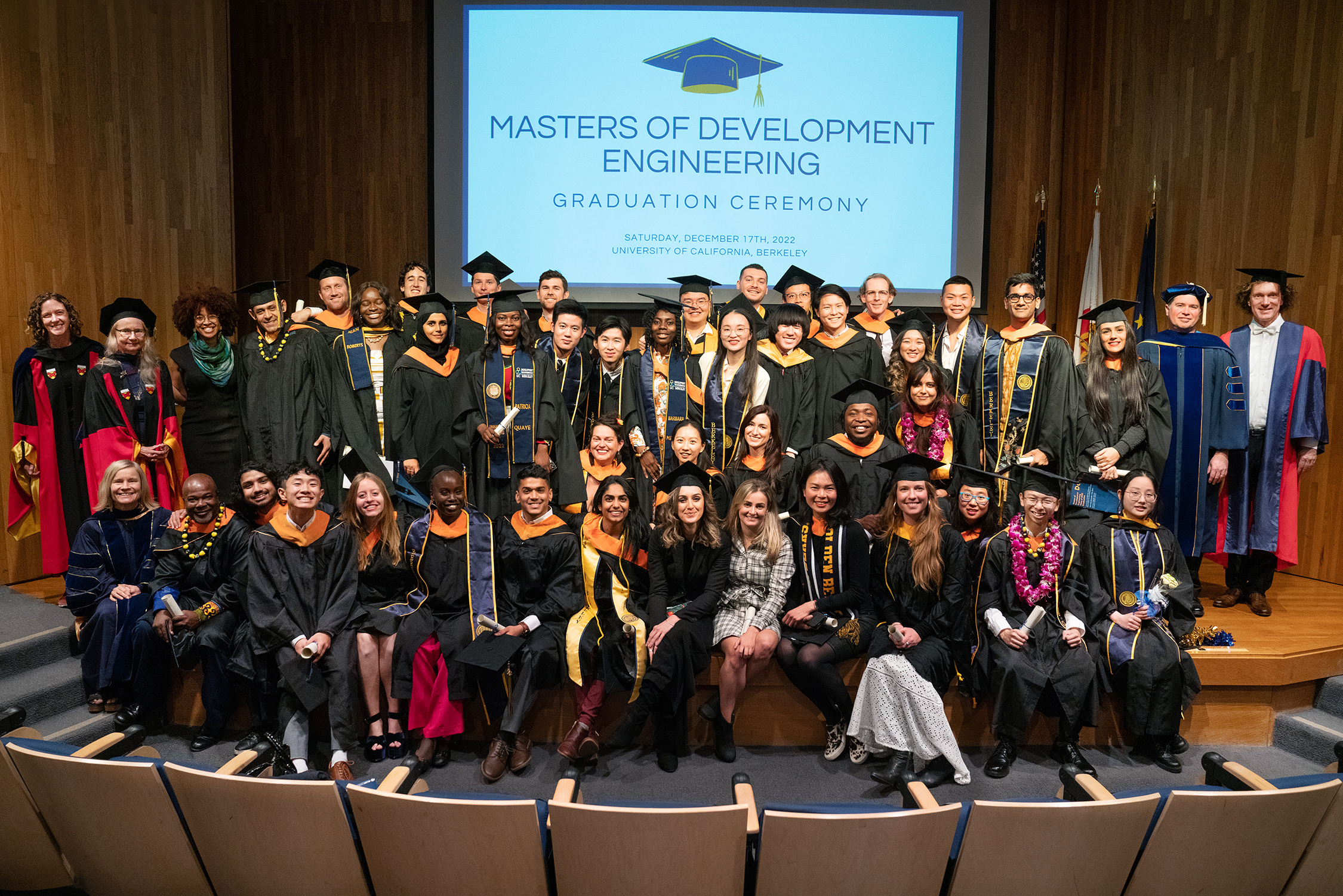
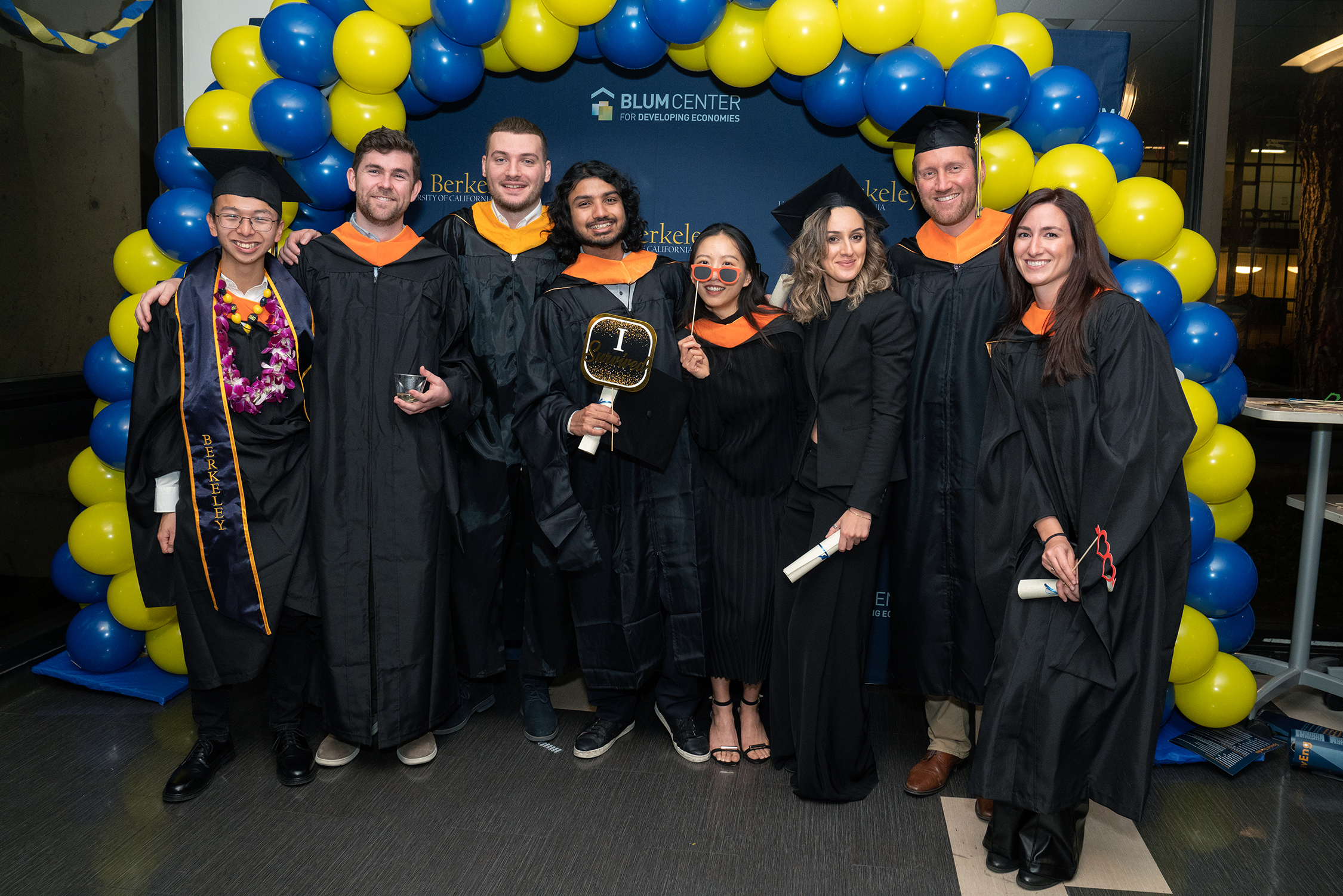
After 16 months, three semesters, 44 internships, 26 capstone projects, and countless hours in the classroom and out in the field, the inaugural cohort of UC Berkeley’s M.DevEng program walked across the stage of campus’ Sibley Auditorium in the Bechtel Engineering Center on Saturday to receive the country’s — if not the world’s — first master of development engineering degree. The 44-student Class of 2022 — pioneers of the burgeoning discipline that originated at Berkeley — will leave Blum Hall for careers in social impact, technology, and sustainability or to further their educational careers.
Students and their families, many of whom flew in from around the world, gathered at dusk for an intimate ceremony and reception to celebrate a group hailing from 15 countries and with backgrounds as diverse as education, electrical engineering, finance, and nursing. During their three semesters, the graduates studied a multidisciplinary curriculum focused on design and management of technology, application of emerging technologies, evidence-based assessment techniques, economic development, social problem solving, cross-cultural collaboration, and community engagement. From their first class, they’ve been devising and implementing technological solutions to complex societal challenges in low-resource settings.
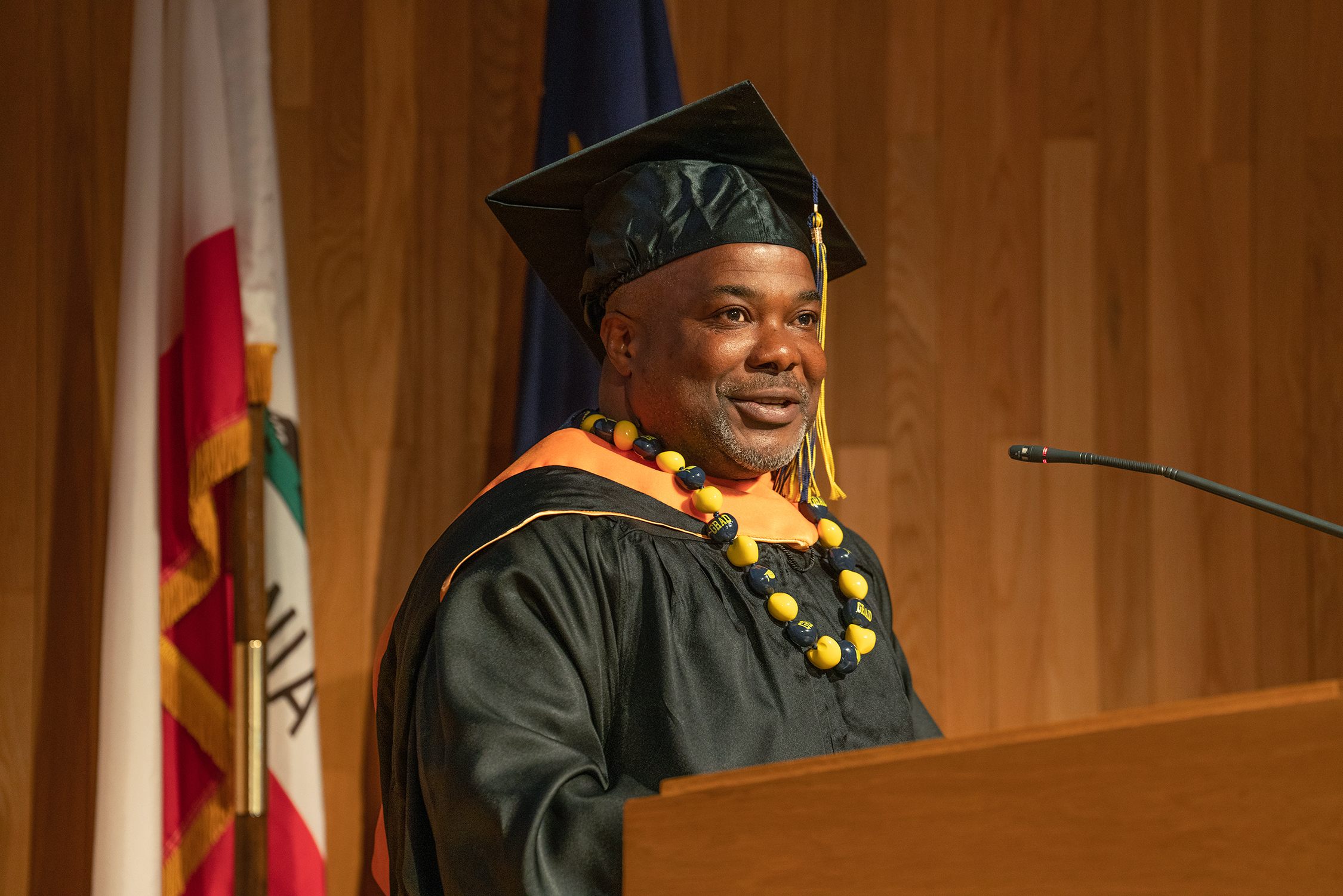
“Regardless of the path each one of us is taking, we all agree the world would be a better place if we all put our efforts together,” said student speaker Mathews Sapemba Tisatayane, who took the stage to raucous cheers from his peers.
He began by asking the room to take a deep, collective breath. That breath, he pointed out, is an interaction of, and made possible by, all sorts of elements, from air molecules to lung cells, tissues to organs. “Although all these cells are different in some ways, by working altogether they maintain life as we know it,” he reminded us.
If togetherness is so vital to making the world work, why, he asked, is modern society so resistant to working together to solve climate change and poverty? We’ve been taught to work as individuals and to think of our divisions as almost natural, he said. “But it’s not. I came to UC Berkeley to find minds who could help me challenge these divisions. And I’m happy to tell you I found them,” he said, gesturing to his erstwhile classmates in the front rows. “They’re right here. Through different interactions with each other, faculty, and capstone projects, we researched and found our differences are what bring us closer.”
Tisatayane turned to Nelson Mandela for how the cohort could turn its togetherness into action: “‘Overcoming poverty is not a task of charity. It is an act of justice,’” he quoted. “‘Like slavery and apartheid, poverty is not natural. It is manmade. And it can be overcome and eradicated by the actions of human beings. … Sometimes it falls on a generation to be great. And you can be that generation.’”
“Let us be great. Let us be that generation that Nelson Mandela was talking about,” Tisatayane added. “Let our greatness blossom together. Let’s go out in the world to do actions to positively impact the planet and the lives of those living in poverty. In togetherness, we believe.”
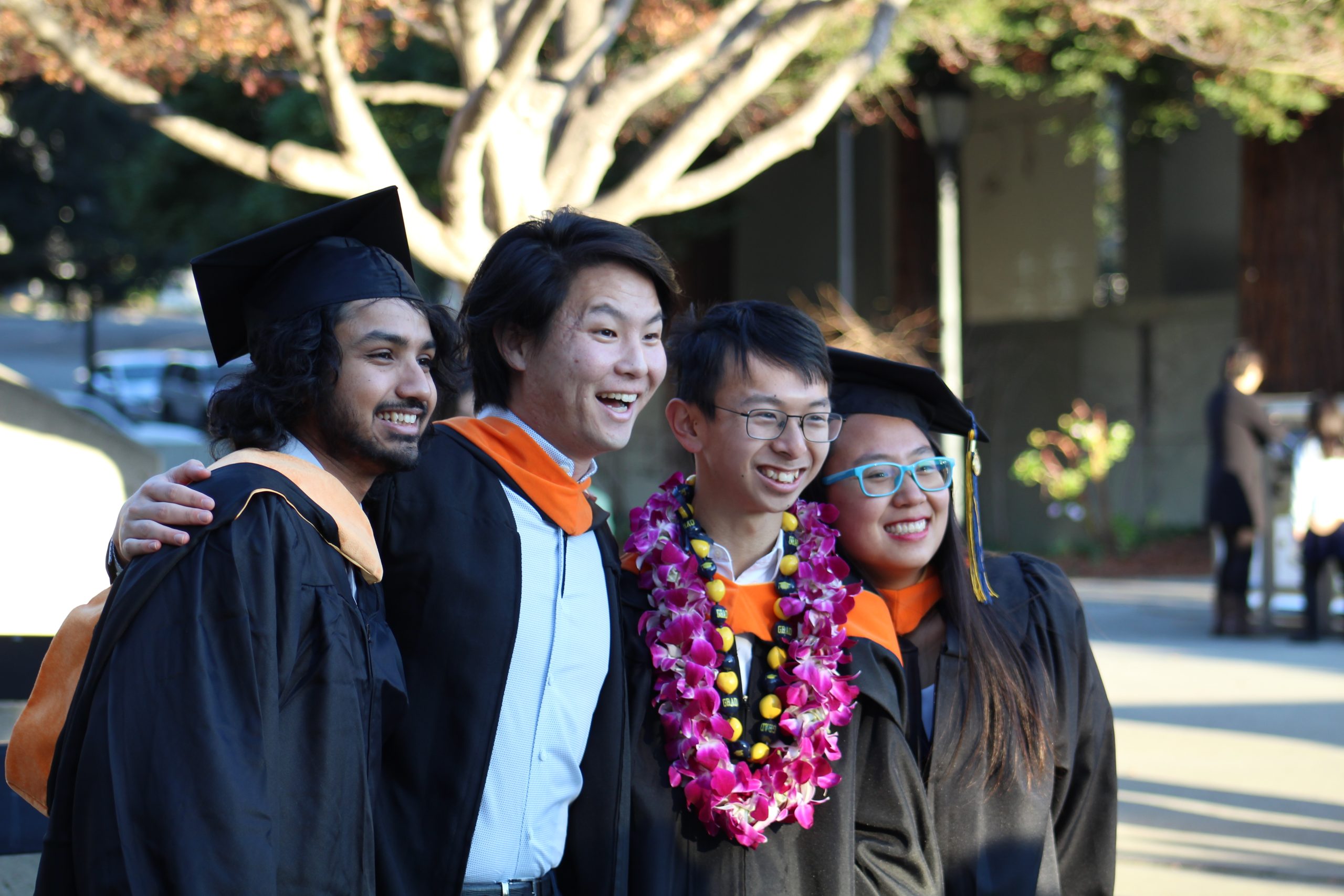
Tisatayane cited his own capstone project as a product of togetherness. It was a reincarnation of an unsuccessful attempt at sustainable development in Malawi, where he was born and raised. He had teamed up with Sean Mandell, a Haas School of Business student he had met in his first DevEng class, to found Umodzi — “togetherness” in Tisatayane’s native language, Chichewa — which allows women-led co-ops in Malawi to raise quail in a 100-percent sustainable, self-contained system. His classmates’ capstone projects included a business for seamstresses in rural Ghana to sell their high-quality wares, a toilet that recycles the nitrogen from urine to use in fertilizer, advancing an initiative to bring arsenic-safe drinking water to rural cities in California, and a blockchain-certified recruiting platform enabling Nigerian students to close the gap between job seekers and employers.
“What you’ve done with your projects is remarkable,” said DevEng and Energy and Resources Group Prof. Dan Kammen in a recorded message to graduates. “You’ve launched this program with your passion and all the projects you’ve done.”
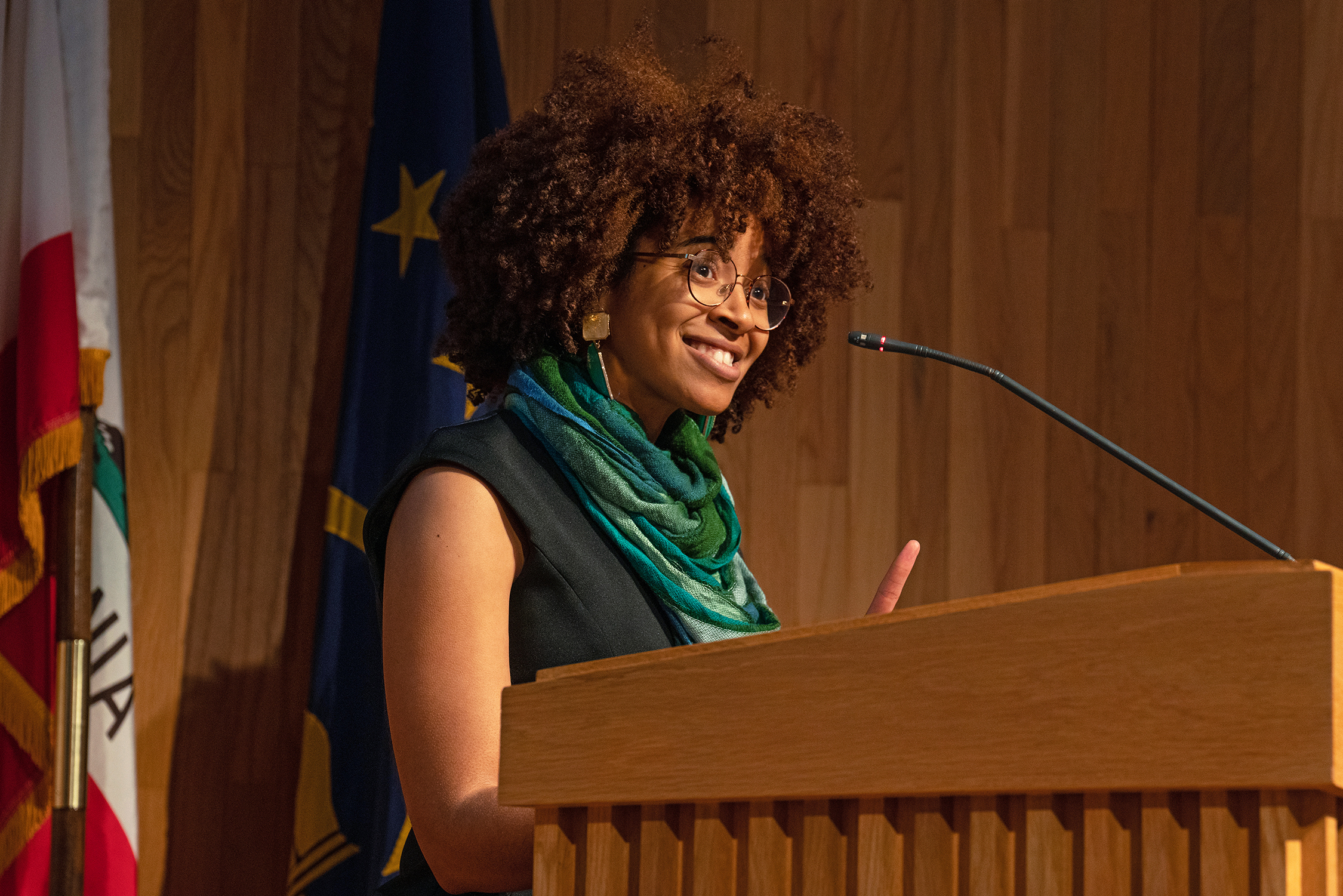
Civil and Environmental Engineering Prof. Maya Carrasquillo, the newest member of the Graduate Group in Development Engineering, which offers the M.DevEng, gave the commencement address.
“When I learned that this was the first cohort — the first cohort — for the Master of Development Engineering, I felt myself awestricken,” she said.
“You have become the precedent for what this program can and will become: a program marked by educating and equipping changemakers to develop innovative global solutions. What a powerful vision, and each of you embodies that so much,” Carrasquillo said. “It takes a certain kind of individual to step out into unproven, untested grounds. … You’re the ones who dare to do something different, in pursuit of something greater than yourselves. You are the ones not motivated by titles or prestige but by an inner voice that reminds you there has to be more than the way things have always been.”
Carrasquillo offered reflections shared at a book-tour event she attended for former First Lady Michelle Obama’s The Light We Carry: “To treat yourself and others with gladness.”
“In a world and in a profession where we are constantly striving to do good, it is all too easy to forget to be good,” she said. “And more than just being good — being kind — and even then, it is far too often that we are kind to others and less kind to ourselves. As you all go out to do all the amazing, undoubtedly life-changing things that you have been prepared to do in this world, never forget to greet yourself and others with gladness.”
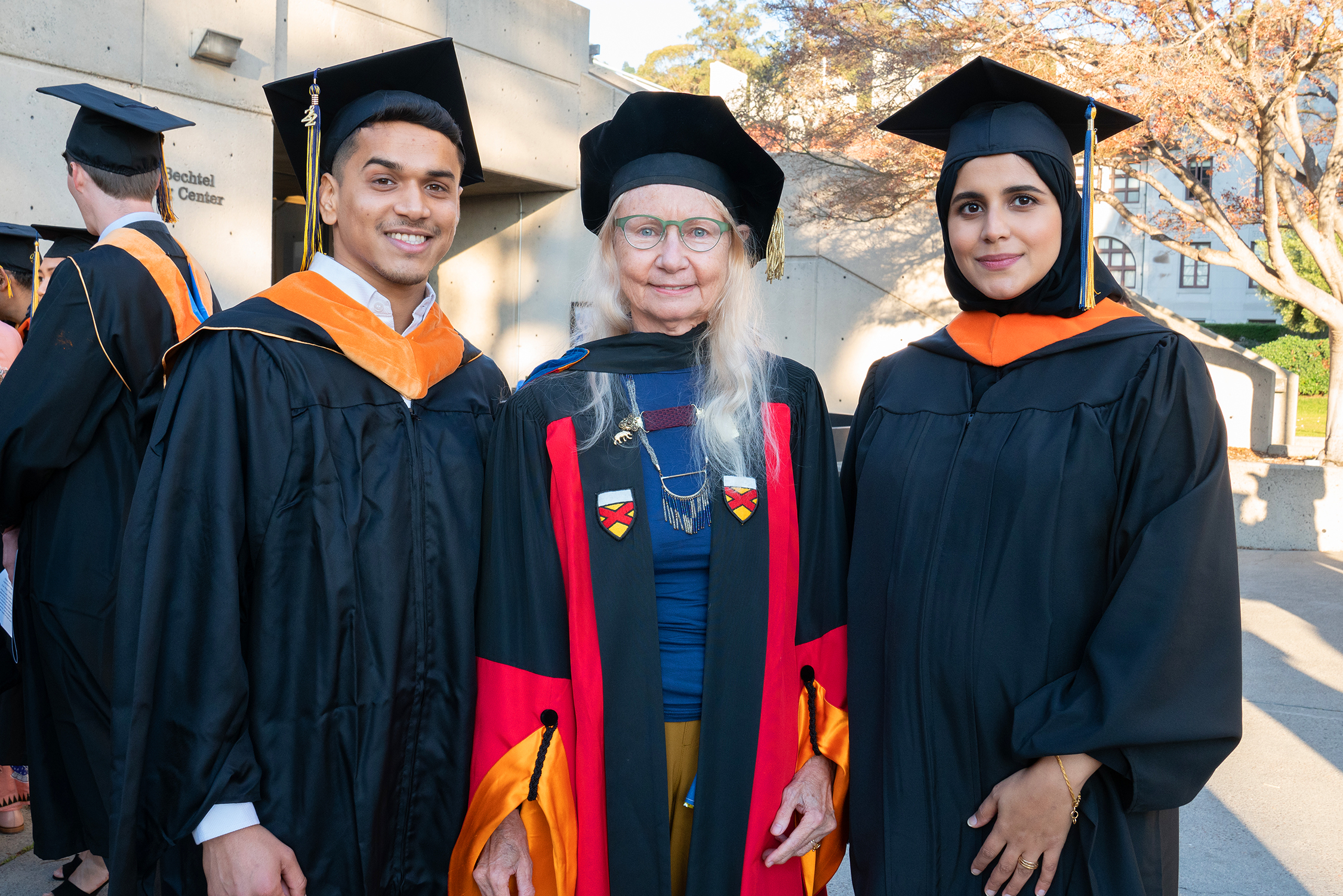
Early in the ceremony, the M.DevEng program honored retiring Prof. Alice Agogino for her years of service in developing and guiding Berkeley’s DevEng programs, in which she chairs the Graduate Group in Development Engineering, serves as the Blum Center for Developing Economies’ education director, leads the M.DevEng’s Sustainable Design Innovations concentration, led DevEng seminars, mentored many students, and held innumerable office hours with both enrolled students and prospective ones. Director of DevEng Programs Yael Perez presented Agogino with a scrapbook of photos and messages from the DevEng community, and Kammen highlighted her career of developing opportunities for students, faculty, and others to collaborate across disciplines and focus their STEM work on social impact. “What an honor and pleasure to work with you,” he said.
Bioengineering professor and Blum Center faculty director Dan Fletcher closed out the ceremony by noting how clearly the commencement showcased the tight-knit and supportive community the graduates had formed over their three semesters. Each grad walked across the stage to not just a reading of a self-written, third-person statement detailing their accomplishments, but to the cheers of their fellows.
Though classes are over, Fletcher said, “the connections among you continue.” He called out how fitting it was to conclude the students’ recognition with the ending of the final student’s statement: “And she loves you all very much.”
